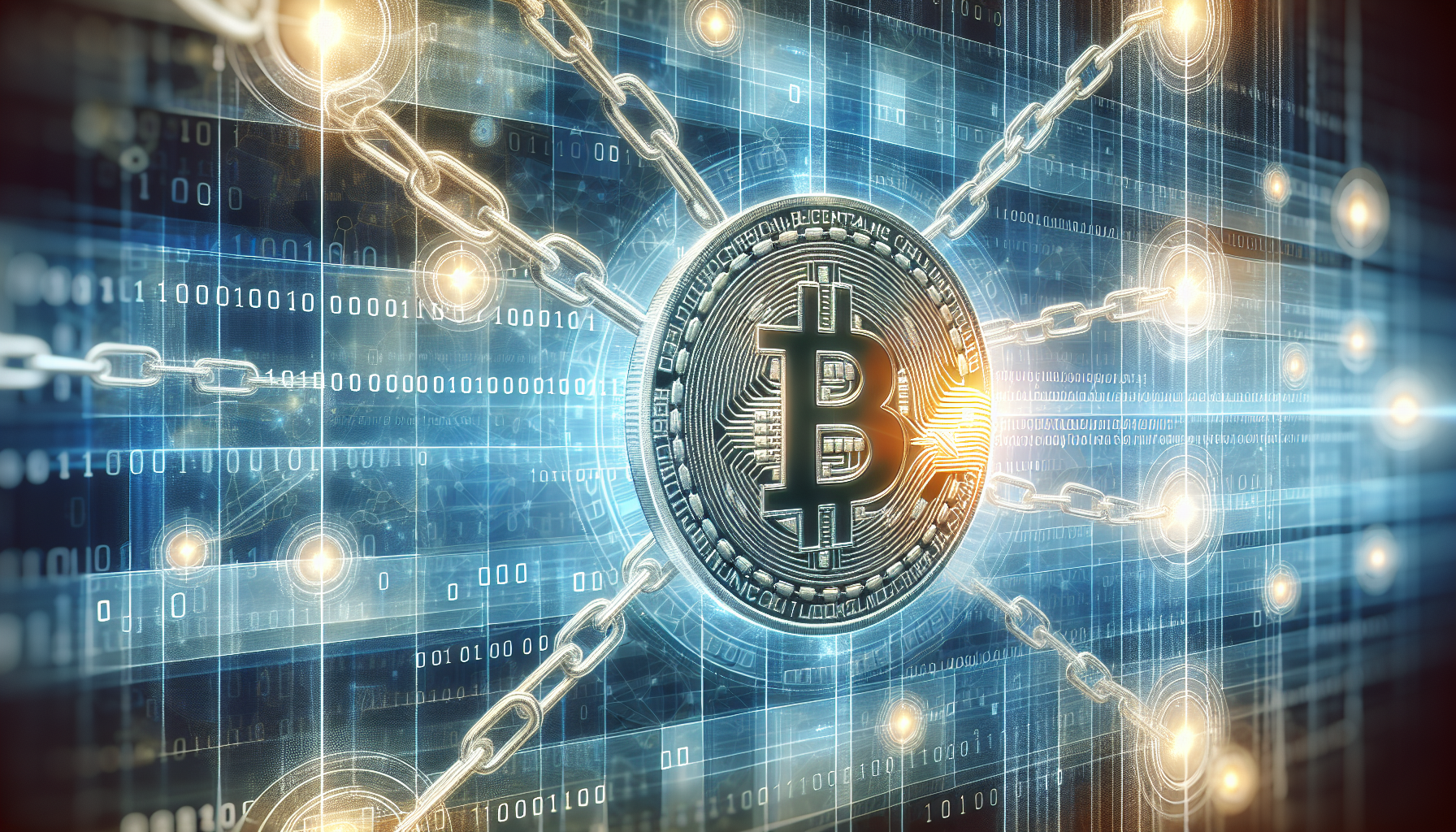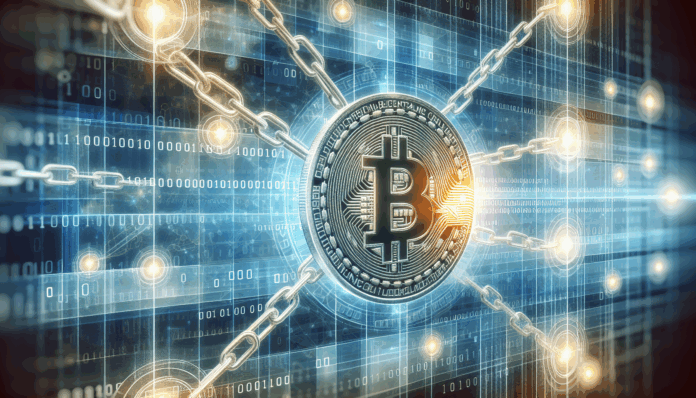Introduction: Why is Blockchain Decentralization Important?
Did you know that as of 2023, over 320 million individuals are involved in cryptocurrency trading worldwide? Yet, only a fraction of these users truly understand the principles behind blockchain technology. This technology, touted for its potential to revolutionize everything from banking to health care, largely hinges on the debate surrounding its decentralization.
What is Blockchain Decentralization?
Blockchain decentralization refers to the distribution of data across a network, rather than storing information in a single, centralized server. This setup enables heightened security and transparency, as transactions are verified by multiple parties.
- Centralized systems are more prone to hacking; for example, major banks often face data breaches.
- Decentralized networks like Bitcoin and Ethereum involve multiple users known as nodes, which makes altering information virtually impossible.
Advantages of a Decentralized Blockchain
Many proponents argue that decentralization is key to the success of digital currencies. Here are some reasons why:

- Enhanced Security: Decentralized networks reduce the risk of data breaches.
- Increased Transparency: Transactions are visible and verifiable by all network participants, reducing fraudulent activities.
- User Empowerment: Users maintain control over their assets—a concept often referred to as self-sovereign identity.
The Challenges of Decentralized Blockchains
Despite its advantages, there are challenges to adopting a fully decentralized system:
- Scalability Issues: As more users join the network, the ability to process transactions quickly can diminish.
- Regulatory Concerns: Governments worldwide grapple with how to regulate these decentralized platforms.
- Energy Consumption: Blockchain systems, particularly those using proof-of-work mechanisms, can consume significant amounts of energy.
Decentralization vs. Centralization: A Balancing Act
The ongoing debate raises an important question: Can we achieve an optimal balance between decentralization and necessary regulation? For example, platforms like DeFi (Decentralized Finance) offer innovative financial services; however, they also pose risks, such as susceptibility to smart contract bugs.
Finding ways to harmonize decentralized finance with consumer protection is imperative as we push toward 2025, when it is expected that decentralized applications will see substantial growth.
Conclusion: The Path Forward for Blockchain Decentralization
The debate on blockchain decentralization is far from over, and it’s crucial for users to stay informed. By understanding the advantages, challenges, and future trends, you can take meaningful actions in the crypto space. For example, consider downloading a secure wallet guide now to protect your assets effectively.
Call to Action
With millions of users venturing into digital currencies, familiarizing yourself with the intricacies of blockchain technology is essential. Stay ahead of the curve and equip yourself with the tools needed to navigate this dynamic landscape! Learn more about blockchain best practices here!
Meta Description: Explore the debate on blockchain decentralization and its influence on cryptocurrency transactions and security.
Author: Dr. John Smith, a renowned blockchain analyst with over 50 published papers in the field and a contributor to numerous auditing projects within the cryptocurrency domain.




